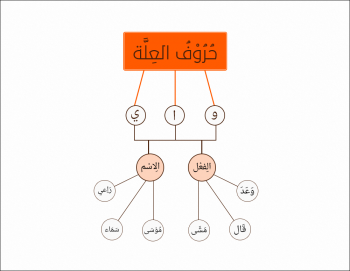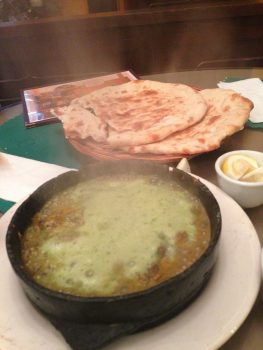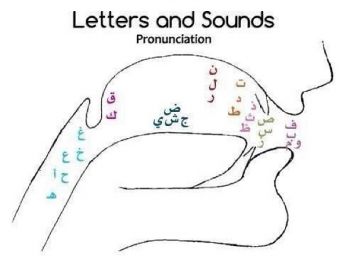Archive for 'Vocabulary'
Egyptian Arabic words of Italian Origin Posted by aziza on May 15, 2017

Egypt hosted a large Italian community in the 19th century and early 20th century. Italians lived in coastal Egyptian cities, particularly Alexandria. They constituted an important segment of the Egyptian society and worked in all fields. Moreover, some famous actors and singers in Egypt like Dalida and Stefan Rosti were of Italian origin. As a…
The 3 Most Problematic Arabic Letters Posted by Ibnulyemen اِبْنُ اليَمَن on May 11, 2017

Just as diacritics play a significant role in disambiguating the meaning of graphically similar words, long vowels determine the form of derived words; therefore, they are called حُرُوف العِلَّة ‘the weak letters.’ … Continue Reading
Vowels in Arabic: Function and Form Posted by Ibnulyemen اِبْنُ اليَمَن on May 5, 2017

Does Arabic have vowels? Certainly! But very few compared to English. Is there an Arabic word without a vowel? Hmm! Probably not. The vowel is the center of the word and/or syllable. Put differently, vowels are the crutches of consonants. So, what is the story of vowels in Arabic and how do they crutch consonants?…
Untranslatable Phrases in Colloquial Egyptian Arabic: The Egyptian Man (Part 2) Posted by Hanan Ben Nafa on May 3, 2017

Welcome to the second part of this blog that I’m dedicating to talk about some culturally untranslatable phrases found in colloquial Egyptian Arabic. Learning about these phrases are both linguistically and culturally interesting. This is because the language used is very formulaic and does not necessarily follow rules of the Arabic language you learn in…
saltah سَلْتَة: Yemen’s National Dish Posted by Ibnulyemen اِبْنُ اليَمَن on Apr 30, 2017

Bint aS-SaHn بِنْت الصَّحْن , sousi سُوْسِي , shafout شَفُوْت, and saltah سَلْتَة are some delicious Arabic dishes that are peculiar to Yemen. While the others are popular on special days and occasions, سَلْتَة is eaten every day and by far the most favorite; ergo, it is Yemen’s National Dish. Linguistically, what is the origin…
Arabic ع and غ: Intelligibility vs. Sounding Native-like Posted by Ibnulyemen اِبْنُ اليَمَن on Apr 27, 2017

In speaking a foreign language, do we have to sound native-like? No, certainly not! Being intelligible, in my book, is more important. Intelligibility affects communicating your ideas. Among the difficulties that we encounter when learning a new language is the articulation of certain speech sounds. More specifically, the speech sounds that exist in the new…
Untranslatable Phrases in Colloquial Egyptian Arabic: The Egyptian Man (Part 1) Posted by Hanan Ben Nafa on Apr 26, 2017

As is the case in almost all languages, there are always some culturally untranslatable phrases that cannot be literally translated into other languages or do not have a straightforward equivalent in other languages. Today, we are looking at a group of these untranslatable phrases that are often used in colloquial Egyptian Arabic to describe men…


